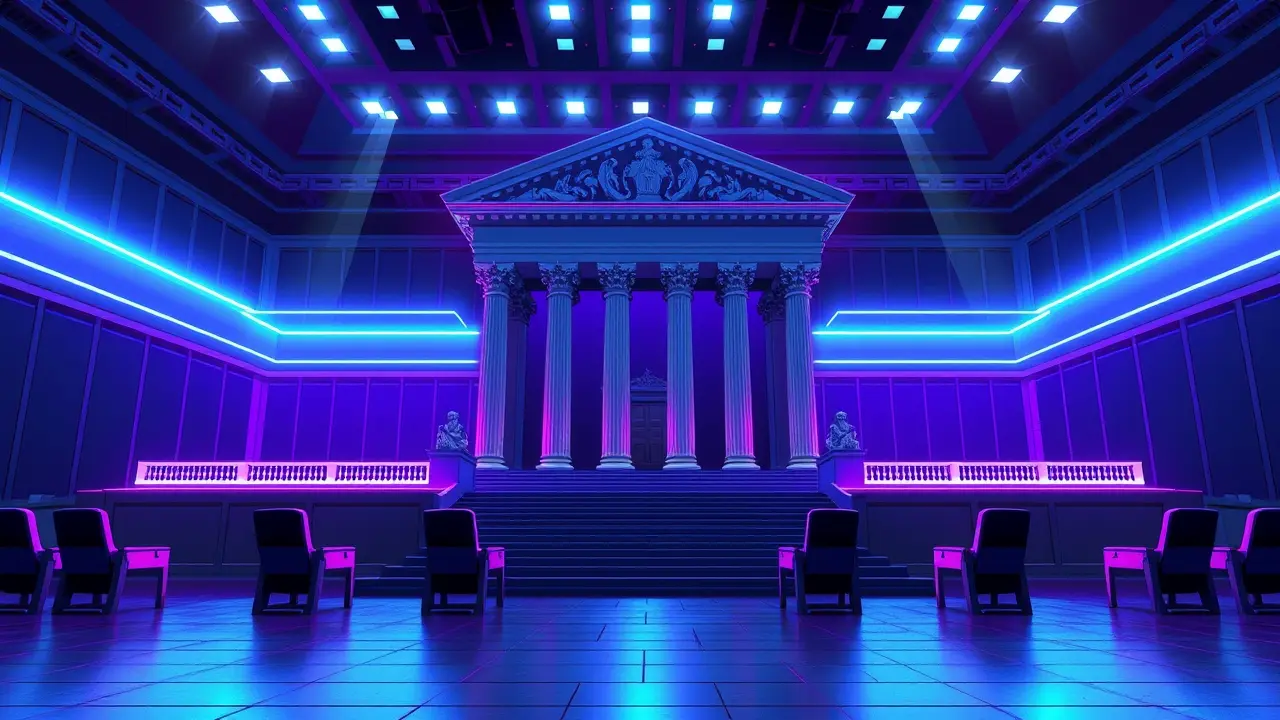
Politicscourts & investigationsSupreme Court Rulings
Supreme Court Weighs Limits of Presidential Emergency Power
RO
Robert Hayes
3 hours ago7 min read
The hallowed chambers of the Supreme Court are once again the arena for a foundational debate, as the conservative Justices grapple with the profound and conflicting impulses surrounding the scope of Presidential emergency power. This is not merely a legalistic squabble over statutory interpretation; it is a constitutional moment, a reckoning that echoes the great tensions between executive authority and legislative checks that have defined the American experiment since its inception.The specific case before the Court may concern tariffs, but the underlying principle is as old as the Republic itself: how much unilateral power should rest in the hands of a single individual during a declared national emergency? On one side lies the impulse for robust, decisive executive action—a philosophy that finds its historical parallel in the expansive wartime powers exercised by figures like Abraham Lincoln or Franklin D. Roosevelt, who argued that dire circumstances demand a singular, unimpeded command to protect the nation.On the other side rests a profound judicial caution, a commitment to the Madisonian system of separated powers that distrusts concentrated authority, fearing its potential for abuse long after the immediate crisis has passed. This judicial introspection brings to mind the landmark Youngstown Sheet & Tube Co.v. Sawyer decision in 1952, where the Court checked President Truman's seizure of steel mills during the Korean War, with Justice Jackson's concurring opinion creating a enduring framework for evaluating presidential power that still guides the Court today.The conservative bloc, which often champions a strong executive in matters of national security and immigration, now finds itself in a delicate dance, its ideological preference for a powerful presidency potentially at odds with its originalist commitment to a textually constrained executive branch as envisioned by the Framers. Legal scholars are watching closely, noting that the Court's ruling could either reaffirm a broad interpretation of statutes like the International Emergency Economic Powers Act (IEEPA) or impose new, significant limitations, effectively recalibrating the balance of power for future administrations facing economic, public health, or security crises.The consequences are monumental, potentially affecting everything from future sanctions regimes and responses to pandemics to the management of border and financial crises. A decision that curtails emergency powers would represent a seismic shift, compelling Congress to legislate with greater specificity and foresight—a task for which the modern, often gridlocked legislature has shown little appetite.Conversely, an affirmation of expansive presidential discretion would cement a trend toward an increasingly imperial presidency, leaving critical national decisions to the temperament and judgment of a single individual, subject only to the delayed and difficult check of a congressional supermajority. As the Justices weigh these competing doctrines, they are not just interpreting law; they are actively shaping the character of American governance for generations to come, determining whether the emergency powers of the President are a temporary necessity or a permanent feature of our political landscape.
#featured
#Supreme Court
#presidential power
#emergency powers
#executive authority
#Donald Trump
#tariffs
#conservative justices
Stay Informed. Act Smarter.
Get weekly highlights, major headlines, and expert insights — then put your knowledge to work in our live prediction markets.
© 2025 Outpoll Service LTD. All rights reserved.